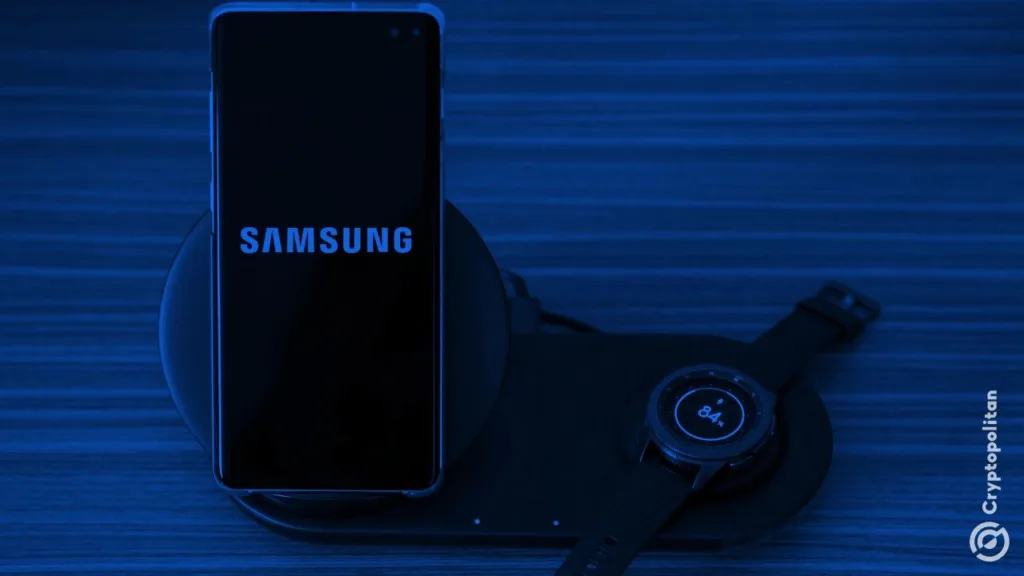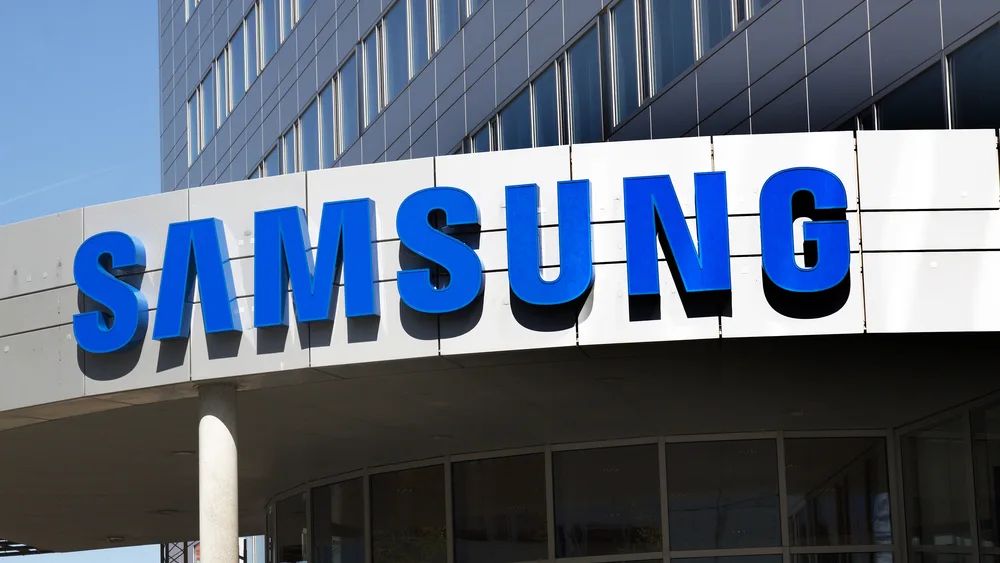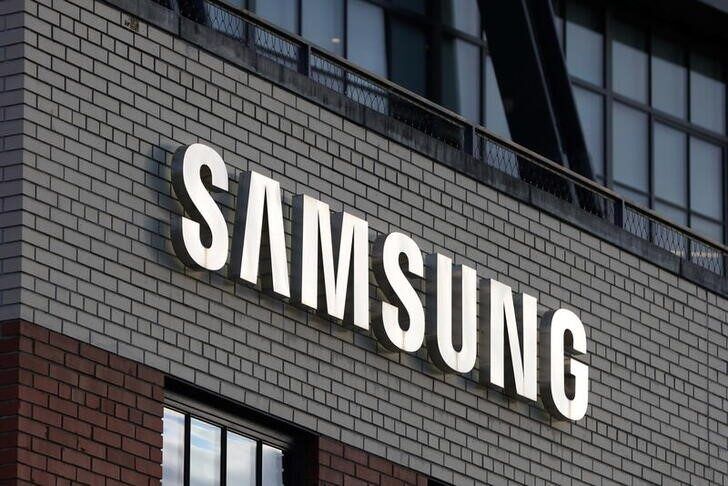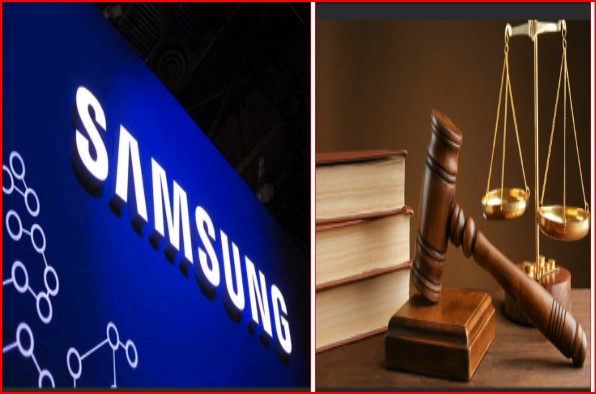A federal jury in Marshall, Texas, has ordered Samsung Electronics to pay $445,494,160 in damages after finding the company willfully infringed four patents held by Collision Communications. The case—heard in the U.S. District Court for the Eastern District of Texas—centered on technology essential to 4G, 5G, and Wi-Fi wireless standards.
Samsung had denied the allegations, arguing that the patents were invalid and that their products did not infringe them. That defense, however, failed to convince the jury, which came back with a unanimous decision in favor of Collision Communications.
The patents in question relate to techniques that reduce signal interference and improve network efficiency—capabilities that underpin the performance of modern wireless devices. Collision, originally linked to defense contractor BAE Systems, acquired the patents and has consistently moved to enforce them in the commercial space.

During the trial, arguments centered heavily on whether Samsung could invalidate the patents and whether its use of the technology was intentional. The jury rejected Samsung’s claims and awarded damages in the form of a running royalty, calculating what Samsung should pay if it continues to use the technology without a license.
Legal experts expect Samsung to appeal the verdict, either challenging the patent validity on procedural grounds or seeking to reduce the award. Given the magnitude of the judgment and Samsung’s resources, appeals and post-trial motions are almost certain.
This case adds to a string of high-value patent rulings Samsung has faced in East Texas courts, a jurisdiction known for its robust patent enforcement. In recent years, Samsung has been hit with several nine-figure judgments in this region.

For the broader tech industry, and countries like Ghana and others in Africa, this ruling is a stark reminder that intellectual property rights are global and enforceable across borders. Companies operating in mobile, telecoms, or wireless infrastructure must remain vigilant about licensing and patents. Moreover, local innovators should take note: strong patent protection and careful licensing can be essential to defending technological innovations.
Samsung will likely challenge the decision in the U.S. Court of Appeals for the Federal Circuit. Until then, both sides will closely monitor whether the verdict stands, is reduced, or spurs settlement talks.

Trump Threatens 25% Tariff on Apple and Samsung Smartphones Not Made in the U.S.

